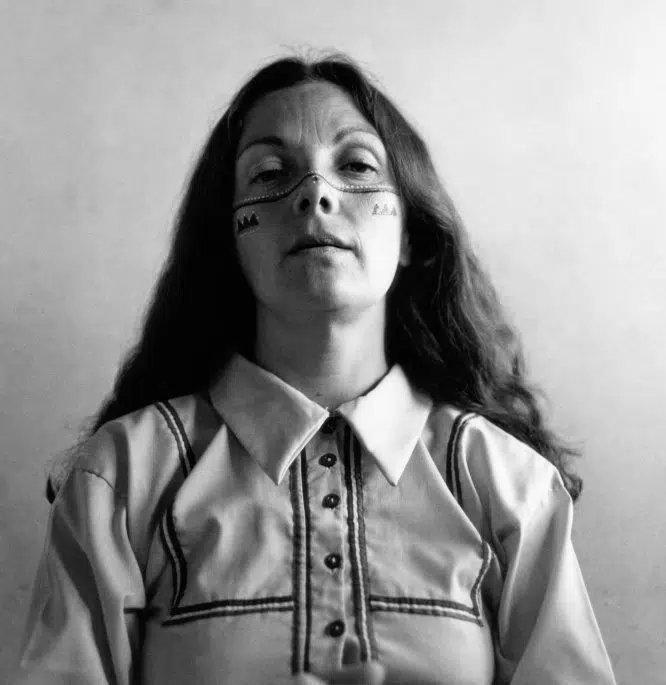COLLECTION CATALOG
Biografía
The work of Graciela Iturbide (Mexico City, 1942) traces a broad arc that spans over four decades ranging from her early documentary photography to the most intimate and poetic expressions of her later work. In 1969 Iturbide enrolled at the Centro Universitario de Estudios Cinematográficos [University Center for Film Studies] where she encountered the work of Manuel Álvarez Bravo. The photographer became her mentor and friend, and with him she discovered the reality of her country’s rural areas.
Iturbide’s early documentary works reflect her interest in the abundant popular traditions of the indigenous cultures that persisted despite Spanish colonization. Preferring portraiture, her work reveals a hypnotic world that seems to be located at the nexus point between the crudest reality and the grace of spontaneous magic. Endowed with a singular poetic sensibility, Iturbide’s more recent photographs have eschewed human presence to focus on a new temporality, one that involves the dilation of time in landscapes, in found objects, and in the myriad details that appear before her camera.
The artist’s work has been well received since the onset of her career and she has won numerous prizes including the W. Eugene Smith Memorial Fund Grant in 1987, the Mois de la Photo Grand Prize in Paris in 1987, the International Grand Prize awarded in 1990 by the Museum of Photography in Hokkaido, and the Hasselblad Award in 2008.
Soy el id del autor actual: 485130
El idioma actual es: en
Soy el id del autor en español: 473697
Artworks of Graciela Iturbide
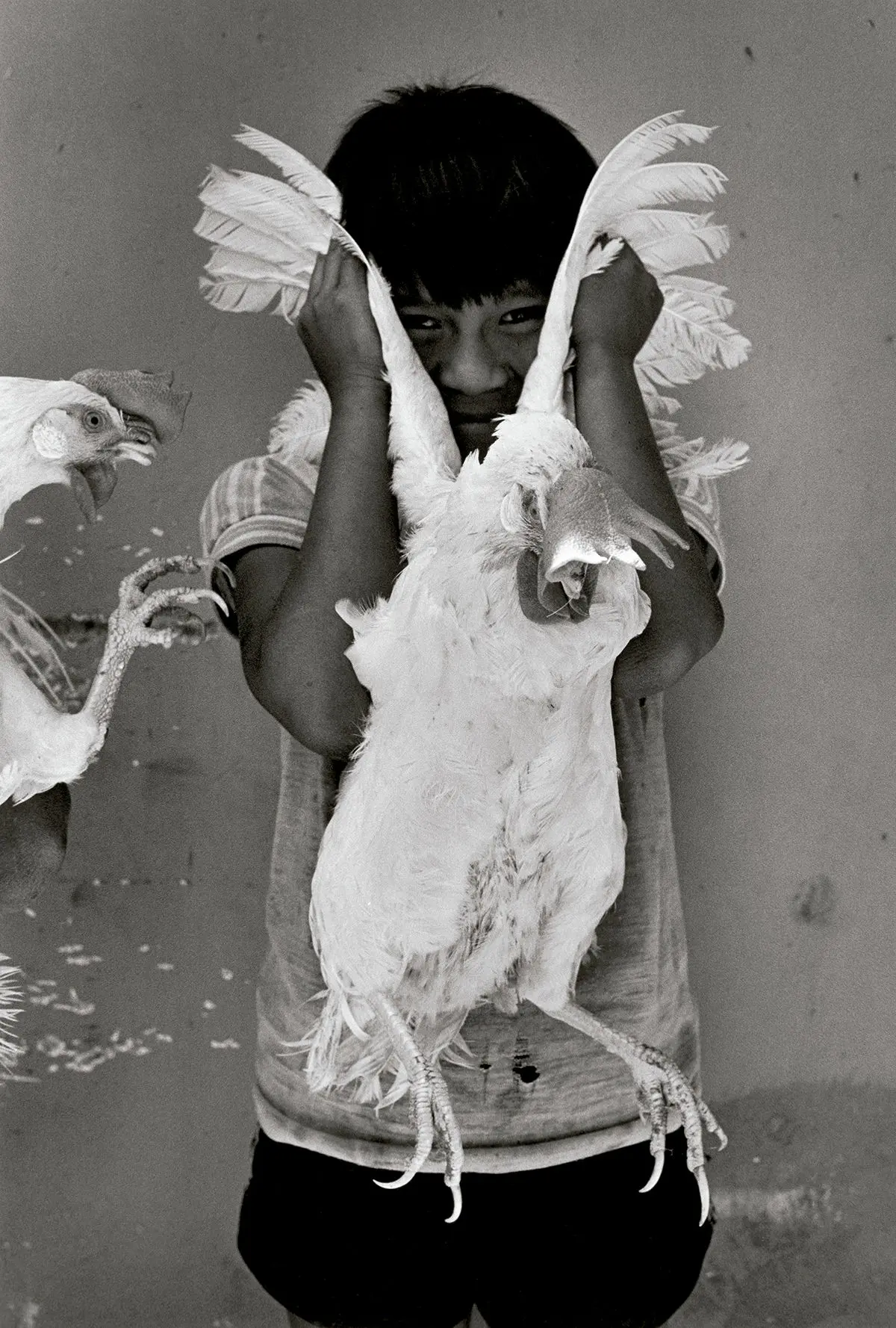
Graciela Iturbide
El gallo, Juchitán, México
Gelatin silver print on baryta paper
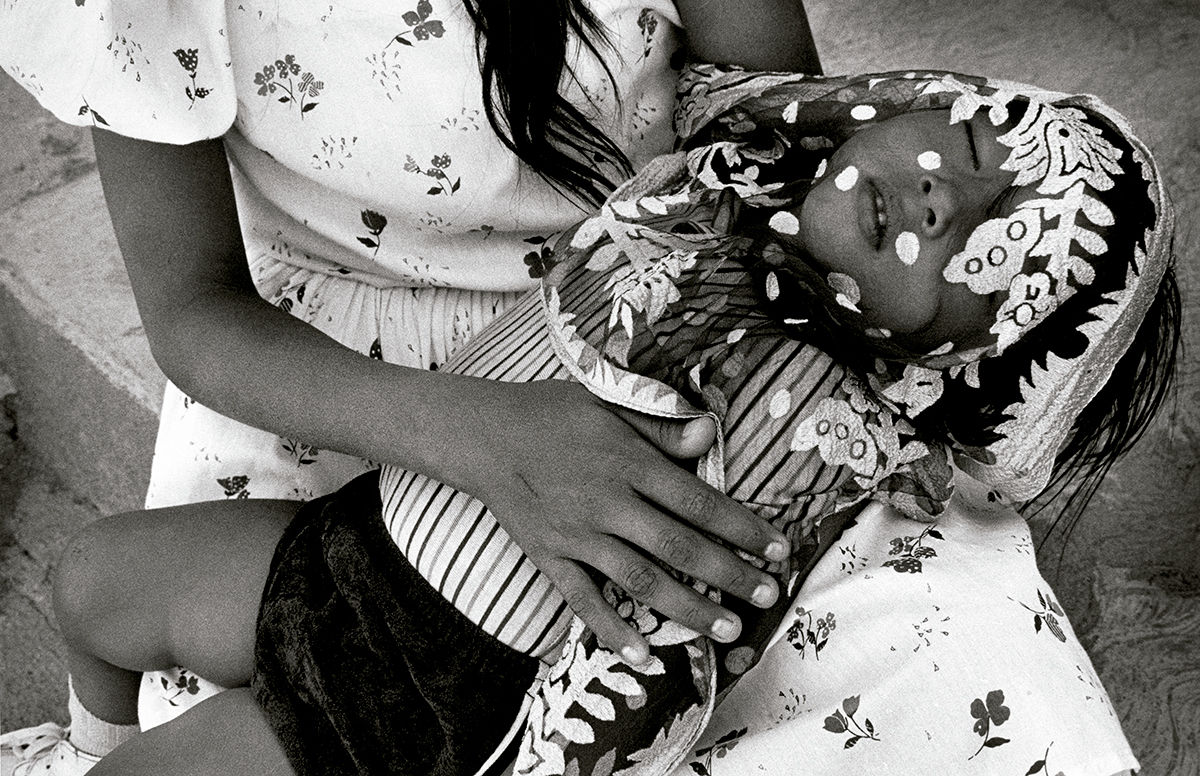
Graciela Iturbide
Jueves Santo, Juchitán, México
Gelatin silver print on baryta paper
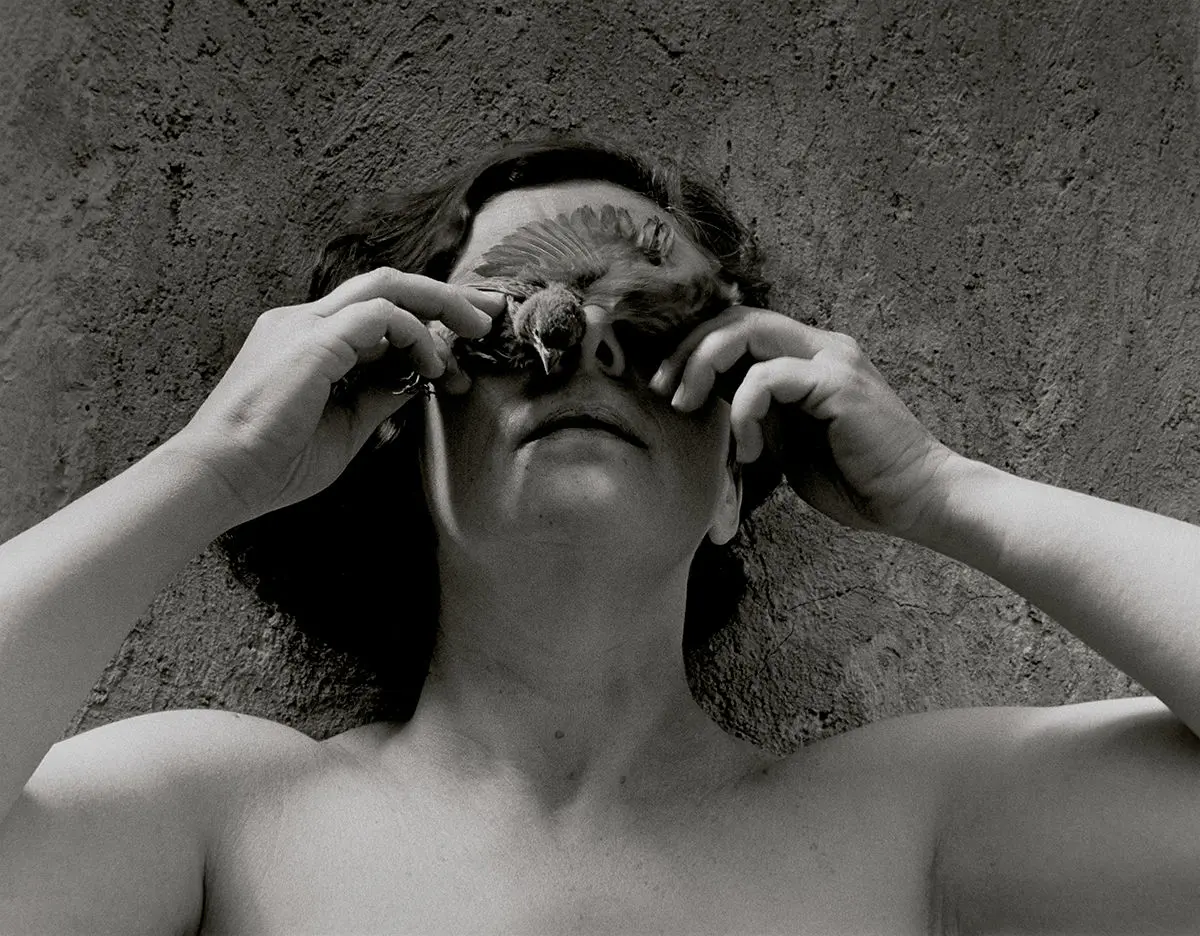
Graciela Iturbide
Autorretrato, México
Gelatin silver print on baryta paper
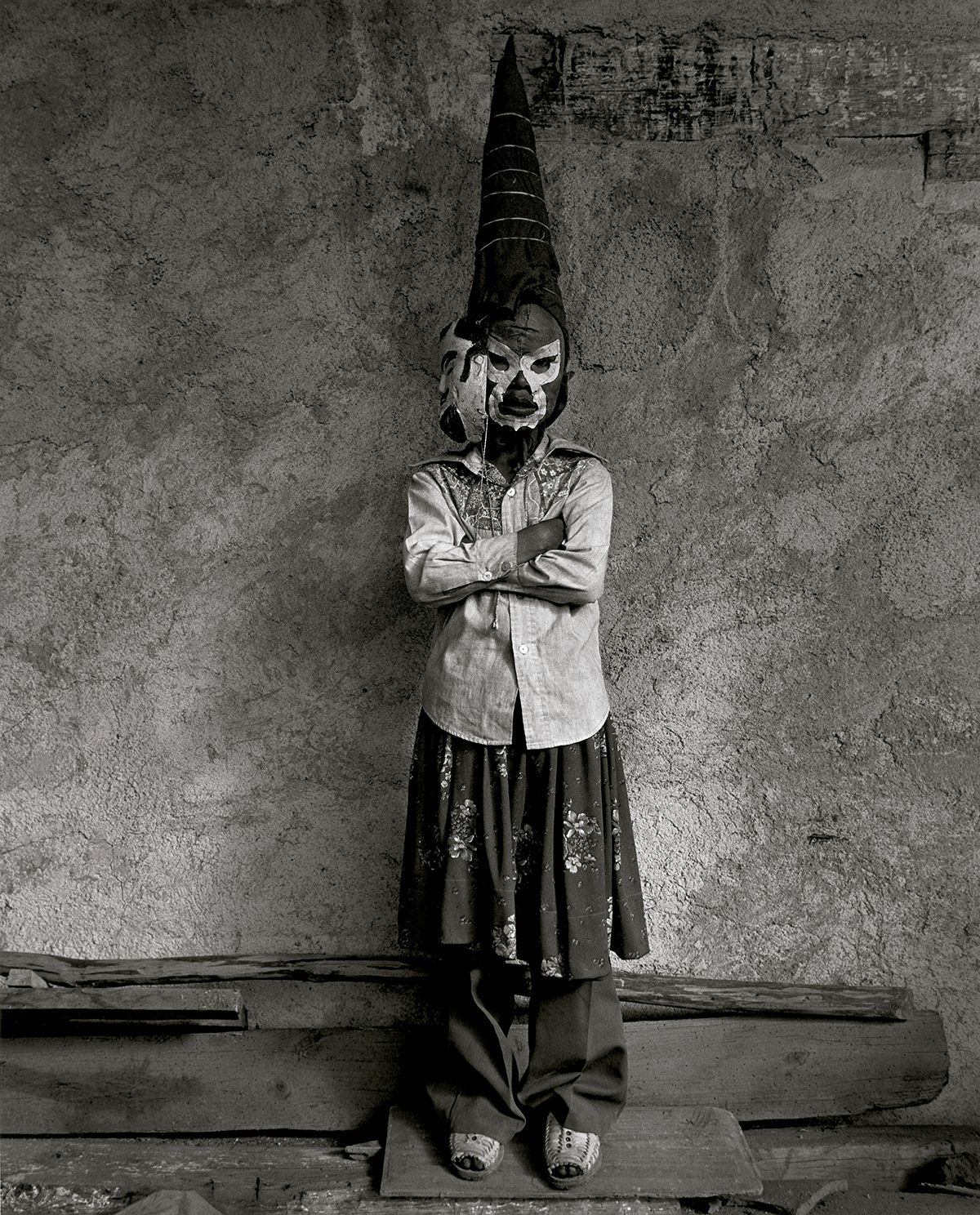
Graciela Iturbide
Jano, Ocumichu, Michoacán, México
Gelatin silver print on baryta paper

